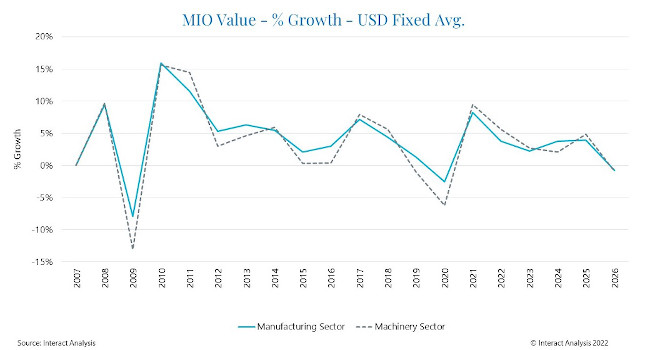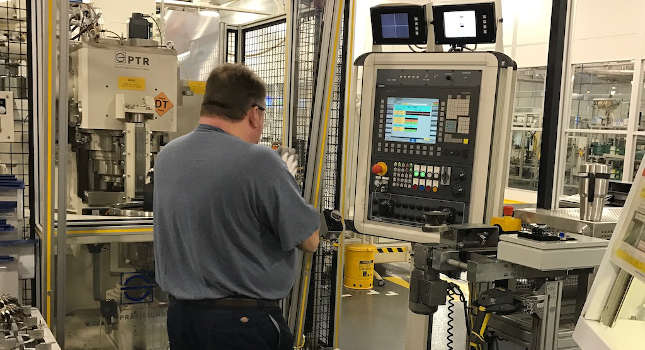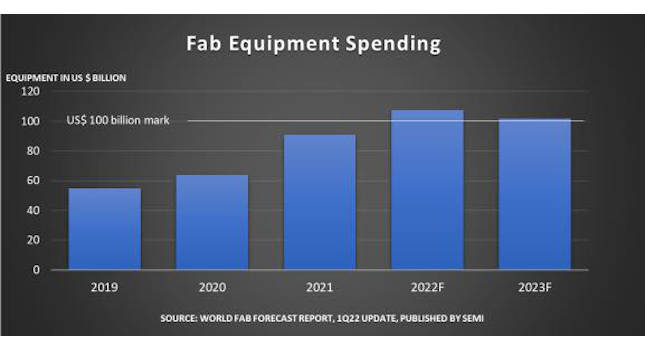SEMI FlexTech announced the launch of three projects to accelerate sensor and sensor system innovations for new applications in industries including healthcare, automotive, industrial and defense.

In collaboration with the U.S. Army Research Laboratory (ARL), FlexTech, a SEMI Technology Community, will fund half of the total $2.6 million for the projects aimed at maturing the flexible hybrid electronics (FHE) technology ecosystem. Organizations leading the projects include the University of Colorado (CU), University of Washington (UW) and University of California, Los Angeles (UCLA).
Project snapshots
The University of Colorado project is focused on integrating soft actuators and flexible electronic control circuits to demonstrate a complete soft robotic system. The project includes a demonstration of synthetic muscular hydrostat integrating electronics and soft actuator modules capable of manipulating objects. The system will mimic muscular structures such as an octopus arm or elephant trunk and will use a human-machine interface for robotic manipulation. CU will be partnering with PARC, A Xerox company on this 18-month project.
Researchers at the University of Washington will focus on an 18-month project to improve and optimize sensor design with ultra-high-resolution printed structures using the novel piezoelectric material of a TMCM MnCl3 (trimethylchloromethyl ammonium trichloromanganese). Deliverables include demonstration of large area roll-to-roll printed electronics fabrication and integration, with compact signal conditioning and wireless data transmission. This project aims to bring the high performance of high-temperature, inflexible inorganic sensors to low-temperature flexible electronics through a low-cost, fully-printed process using low-toxicity materials. The project aims to develop a novel approach to creating flexible health monitoring sensors.
UCLA will develop and demonstrate a foldable, high-resolution microdisplay on PDMS substrates by developing an ultra-high yield, scalable and low-cost mass transfer process for assembly of high-quality GaN µLEDs at 100um size for a resolution of >200 pixels per inch (PPI). The prototype will be made using heterogeneous integration of mass-transferred GaN µLED with Si CMOS driver circuitry on a common flexible organic substrate using Fan-Out-Wafer-Level Packaging. In parallel, the project will explore testing strategies for electrical characterization of µLED and process scalability and limitation. UCLA will partner with Veeco on this 18-month project.
SEMI FlexTech is currently soliciting new project proposals via a white paper pre-proposal due July 10, 2020. Download the RFP and review the topics.
Edited from a SEMI FlexTech press release by CFE Media.



